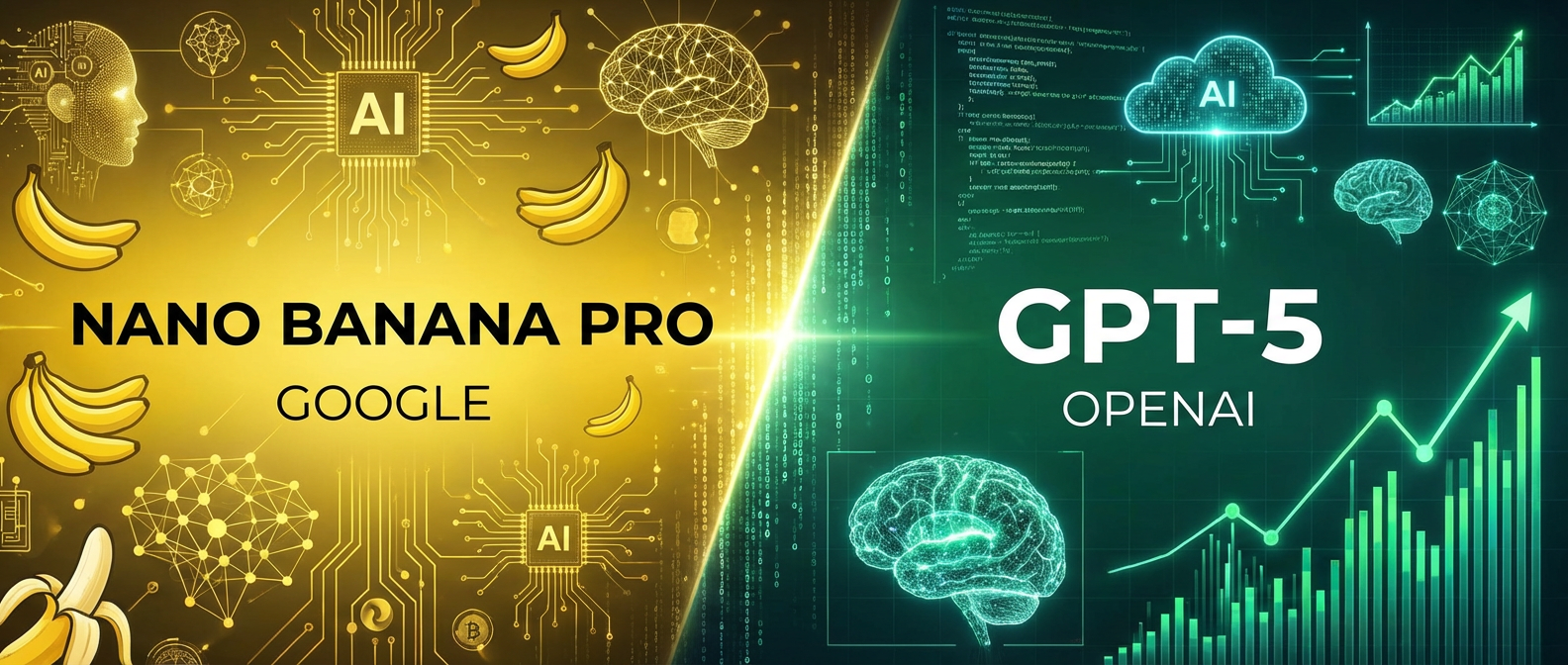Mental health is a crucial aspect of overall well-being. Everyone knows that yet not everyone cares about his or hers own mental health until the problems arise. The thing is: as technology evolves, artificial intelligence has emerged as a potential tool to address mental health issues. But how can AI help with mental health? In this article, I will explore how AI is being used to support mental health, its benefits, and its challenges. Let's also discuss innovative AI solutions and tools that are making a difference.
AI and Mental Health: A New Frontier
Artificial intelligence is transforming various fields, and mental health is no exception. AI can analyze vast amounts of data quickly, identify patterns, and provide insights that can help in the diagnosis and treatment of mental health conditions. This ability to process information efficiently makes AI a valuable asset in mental health care. I have also written another article on a similar topic, where I review much more apps and chatbots for mental health. You can find it here: https://writingmate.ai/blog/mental-health-ai-chatbots.

How AI Can Help Mental Health
Early Detection and Personalized Treatment Plans
AI algorithms can analyze social media activity, voice patterns, and other data to detect early signs of mental health issues. By identifying these signs early, AI can help in diagnosing conditions like depression, anxiety, and PTSD before they become severe. This can be done even by usual chatbots if you ask them correctly. But apps designed to aid mental health do much better work.
AI can tailor treatment plans to individual needs by analyzing a person's medical history, current symptoms, and response to previous treatments. This personalized approach can improve the effectiveness of mental health care.
Support Through Chatbots, Monitoring and Tracking
AI chatbots, like Woebot and Wysa (I review them later in the article), offer immediate support and guidance to individuals struggling with mental health issues. These chatbots use natural language processing (NLP) to engage in conversations, providing coping strategies and emotional support.

AI tools can monitor a patient's progress over time, adjusting treatment plans as needed. This continuous monitoring ensures that patients receive the most effective care.
Reducing Stigma
AI can help reduce the stigma associated with mental health by providing anonymous support. People may feel more comfortable seeking help from a chatbot than from a human therapist, especially in the initial stages of their mental health journey. By the way, those tools make mental health aspects much more widely talked about. They also make mental healthcare
How Does AI Affect Mental Health?
Positive Impacts
Accessibility: AI-powered tools can provide mental health support to people who might not have access to traditional therapy due to location, cost, or stigma.
Efficiency: AI can handle routine tasks and analyze data quickly, freeing up mental health professionals to focus on more complex cases.
Consistency: AI can provide consistent support and follow-up, ensuring that no patient falls through the cracks.
Negative Impacts
Lack of Human Touch: While AI can offer support, it lacks the empathy and understanding that a human therapist provides.
Privacy Concerns: The use of personal data in AI applications raises privacy and security concerns.
Over-Reliance: There is a risk that people might rely too much on AI tools and neglect seeking help from qualified professionals.

Examples of AI in Mental Health
Woebot
Woebot is an AI chatbot designed to provide cognitive-behavioral therapy (CBT) techniques. It engages users in conversations to help them manage their emotions and thoughts, offering practical strategies to cope with stress and anxiety.

Wysa
Wysa is another AI chatbot that provides emotional support through text-based conversations. It uses evidence-based techniques like CBT, dialectical behavior therapy (DBT), and mindfulness to help users manage their mental health. It is one of the most known and developed mental health apps, and you can also find it useful. Link: https://wysa.com
Elomia Health
Elomia Health uses AI to analyze smartphone usage patterns and detect changes in cognitive function. This data can help identify early signs of mental health issues and provide timely interventions. It provides a simple chatbot that can support and help with your mental condition in the way that the therapist can. It provides a free demo and also opportunities for B2B use for organizations. Link: https://elomia.com/

Innovative AI Solutions That Can Also Help
Writingmate
Writingmate is a platform that integrates multiple AI models, including GPT, Claude, Mistral, and LLama, into a single web application. This integration allows for a more comprehensive approach to different subjects, including mental health care. Writingmate can generate images, create custom assistants, characters, and roles, providing a versatile tool for mental health support. You can make a mental health therapist assistant and to use simple prompts and queries to find solutions to problems, support and conversation.

Challenges and Ethical Considerations
Data Privacy
Protecting user data is crucial in AI applications for mental health. Ensuring that personal information is secure and used ethically is a significant challenge.
Accuracy and Reliability
AI algorithms must be accurate and reliable to be effective in mental health care. Continuous monitoring and improvement of these algorithms are necessary to maintain their effectiveness.
Human Oversight
AI should complement, not replace, human therapists. Ensuring that there is always human oversight in AI-driven mental health care is essential to provide comprehensive and empathetic support.

Conclusion
AI has the potential to revolutionize mental health care by providing early detection, personalized treatment, and continuous support. However, it is essential to address the challenges and ethical considerations to ensure that AI tools are used effectively and responsibly.
For detailed articles on AI, visit our blog that we make with a love of technology, people, and their needs.
Written by
Artem Vysotsky
Ex-Staff Engineer at Meta. Building the technical foundation to make AI accessible to everyone.
Reviewed by
Sergey Vysotsky
Ex-Chief Editor / PM at Mosaic. Passionate about making AI accessible and affordable for everyone.



